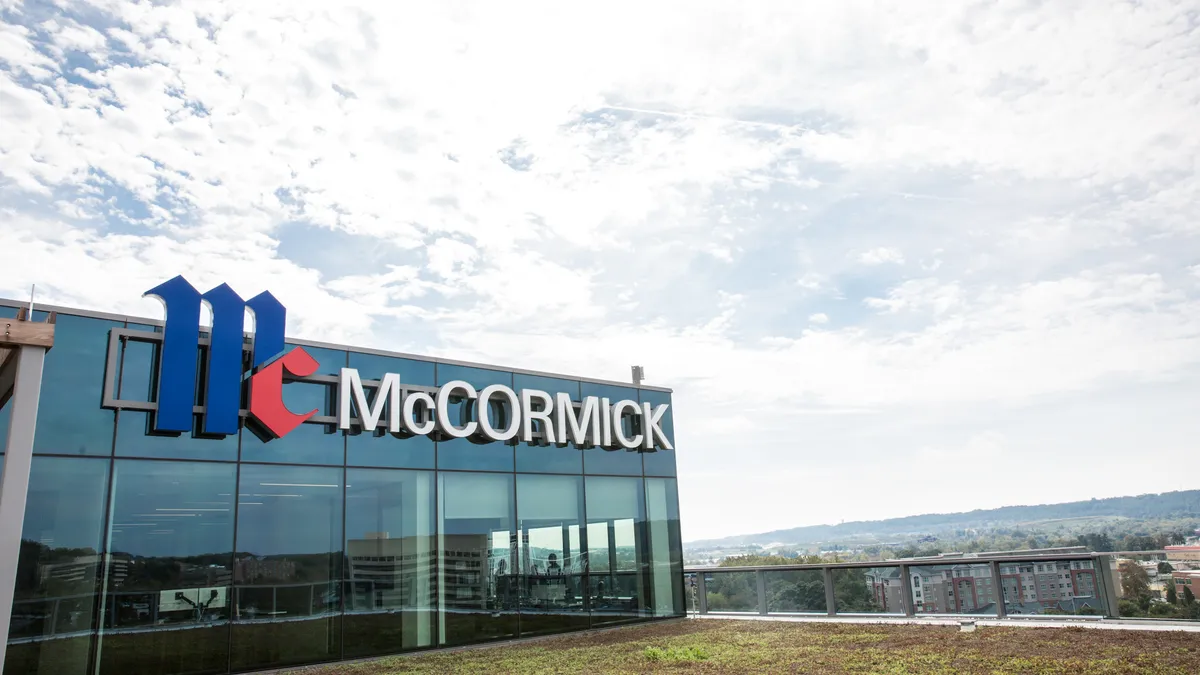Dive Brief:
- McCormick has faced sourcing constraints as a result of the war in Ukraine, causing the company to rely on second sourcing capabilities for its mustard procurement, EVP and CFO Mike Smith said during a Q1 earnings call last month.
- Despite global uncertainties including the war in Ukraine, Smith said that McCormick has been buoyed by its diverse sourcing network. "No one raw material makes up more than 5% of our total cost of goods sold," he said on the call.
- Smith also noted that the company will raise prices during the second quarter, amid cost pressures from rising inflation and supply chain issues. "While we plan to cover the cost pressures due to the recent acceleration of inflation, there will be a lag," he said.
Dive Insight:
Amid economic and geopolitical volatility, McCormick has leaned into its diversity of suppliers, a strategy that it's emphasized as a risk-management tactic in recent years, with a sourcing network that stretches across 85 countries, VP of Global Strategic Procurement Brant Matthews told Supply Chain Dive in an email.
McCormick has used multi-sourcing as a strategy to cope with poor harvests and extreme weather, among other risks. For example, the company sources its black pepper from countries including Vietnam, Brazil and Indonesia to help "reduce the impact a poor harvest in a particular region," according to its 2021 Purpose-led Performance progress report.
"Our agile supply chain and these deep relationships are key advantages in times of global uncertainty," Matthews said.
Smith highlighted that the company's diversity of sourcing has softened the blow of current global uncertainties, with alternative markets for "a lot of our materials." McCormick suspended its Russian operations in mid-March and has also paused its operations in Ukraine.
The importance of a resilient global supply chain has gained momentum across the market since the onset of the pandemic. A 2021 BDO Manufacturing CFO Outlook survey found that 50% of middle-market manufacturers planned to identify alternative or backup suppliers that year to overcome disruptions wrought by the pandemic. Nearly 24% of those surveyed planned to relocate their supply chain to another country, with Europe listed as the most stable market outside of the U.S. to source materials long term.













